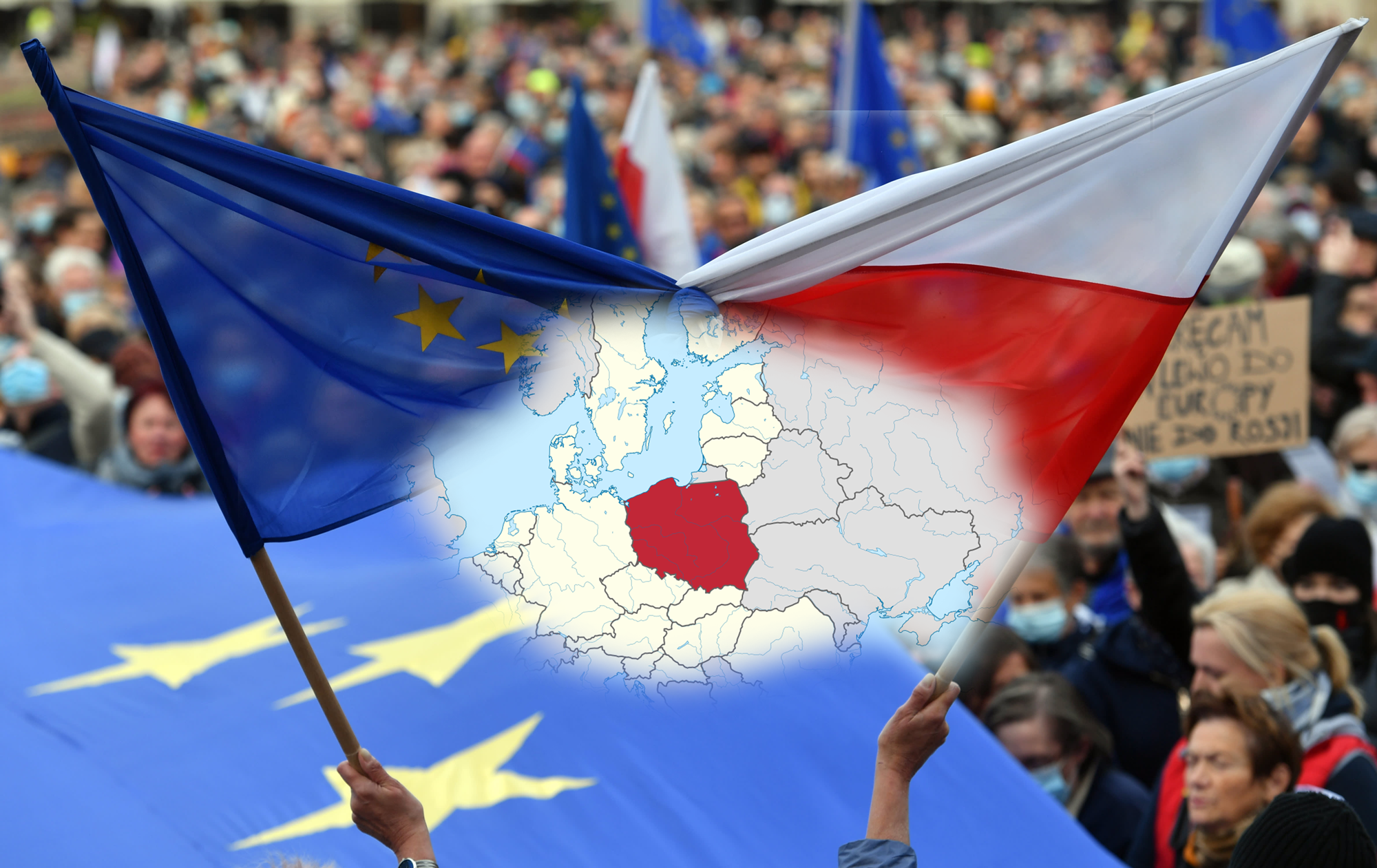In the aftermath of the conflict in Ukraine, there has been a notable shift in power dynamics within the European Union towards the Eastern European and Baltic states. Among them, Poland has emerged as a regional leader and a significant player in the balance of power of the EU.
The way Poland responded to Russia's aggression against Ukraine demonstrated its commitment to standing up against external threats to the region. This has earned it respect and admiration among its neighbors, who are increasingly looking towards Warsaw for leadership. An important signal in this sense was also given by the USA, through the recent visit of President Biden to Warsaw, which strengthened Poland once more.
However, the Eastern European bloc is not without its challenges. Hungary, in particular, has chosen a different path, seemingly aligning itself more closely with Russia. This has caused a rift in the relationship between Hungary and Poland, which may have long-term implications for their political and economic ties.
The Visegrad Group, which includes Poland, Hungary, Slovakia, and the Czech Republic, has been a key platform for cooperation among these countries. However, as a result of Hungary's actions and positions, it seems that the group may be coming to an end. Poland has taken a strong stance against Hungary's moves towards Russia, and it remains to be seen how this will play out in the future.
Despite these challenges, the rise of the eastern European and Baltic states as a new power center within the EU is undeniable. With Poland at the forefront, these countries are increasingly making their voices heard on issues such as immigration, defense, and energy policy.
Moreover, the eastern European states are also benefiting from increased investment and economic growth, which is helping to narrow the gap between them and their western European counterparts. This, in turn, is helping to strengthen their position within the EU and give them more influence over decision-making processes.
In conclusion, the conflict in Ukraine has had significant repercussions on the power dynamics within the European Union. Poland has emerged as a regional leader, while Hungary's alignment with Russia has caused a rift in its relationship with Poland and may be leading to the dissolution of the Visegrad Group. Despite these challenges, the Eastern European and Baltic states are increasingly asserting their influence within the EU and should not be underestimated as a new power center in the region.









